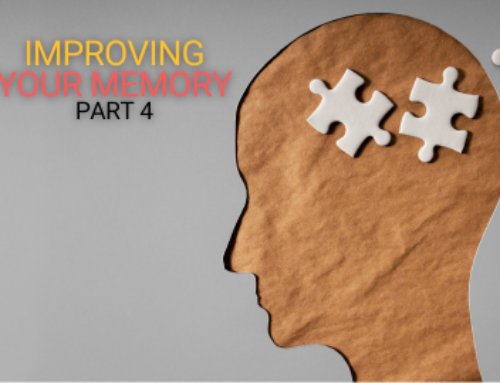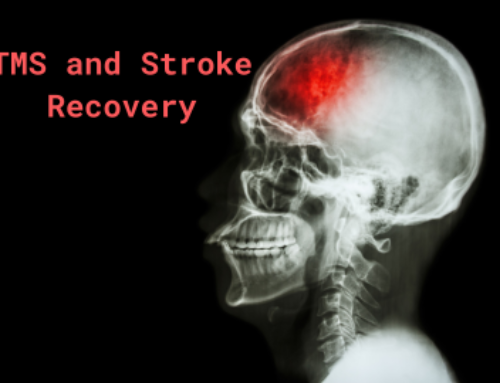What Is Dissociation?
According to the American Psychological Association (APA), dissociation is “a defense mechanism in which conflicting impulses are kept apart or threatening ideas and feelings are separated from the rest of the psyche.” A strange, confusing definition for a strange, confusing phenomenon, yet so many people experience it. Sadly, societal stigma and fear prevent some from asking for help.
Dissociation can involve:
− Memory loss, including what happened during conversations, periods of time, events, information, and people
− Memories mixing with others
− A feeling of blankness, unable to seize on anything
− A feeling of being outside oneself
− A feeling of lost identity
− Not being able to recall learned processes and/or skill regression
− Losing recognition of people and places
− A feeling of stress in settings that are usually innocuous
− A feeling that the world isn’t real, like a vision or hallucination
− Flashbacks of negative experiences, clear or unclear
− Inability to handle stressors, common or uncommon
− Emotional, even physical numbness
− A general feeling of confusion and discomfort
Dissociation can happen suddenly during times of extreme stress, but it can also be a manifestation of several different disorders, including the following.
Dissociative identity disorder, which used to be called multiple personality disorder. People with this disorder change unwillingly into different “selves” and may feel like multiple people are living in their minds. Each “person” might have a different personality and history and interact with the others. Sufferers often experience amnesia and have great difficulty going about their lives.
Dissociative amnesia is characterized by memory loss, sometimes of certain traumatic events, sometimes of longer periods of time, sometimes even loss of self or one’s relationships with others. Dissociative amnesia can come with dissociative fugue. This is characterized by travel, where the sufferer will travel with a goal in mind or wander with no destination. This can last for minutes or many days and is extremely dangerous.
Depersonalization-derealization disorder is a long-lasting feeling of being outside oneself. One’s thoughts and actions are seen from a distance, as if watching a film. One’s sense of time may be altered, and there is often a dreamlike feeling. This disorder is extremely unpleasant and can be debilitating.
Dissociation is often born of trauma and can be associated with post-traumatic stress disorder (PTSD). It can be a way the brain tries desperately to avoid stress, but it proves counterproductive to healing and functioning.
Dissociation frequently goes away on its own in a short amount of time, but if it occurs frequently, lasts longer than a few minutes, causes distress, or presents an obstacle to one’s life, treatment should be sought as soon as possible. Given that dissociation is often tied to trauma, like being assaulted or witnessing a disaster, being treated for that trauma will likely make the dissociation lessen or cease.
If you or a loved one is experiencing dissociation, there are resources available. Start by notifying your general physician and asking for resources. If you or a loved one is in crisis, call 911 or try this list of phone lines dedicating to helping you get through the crisis. For more questions or to schedule an appointment, write to us on our website or call (585) 442-6960.





